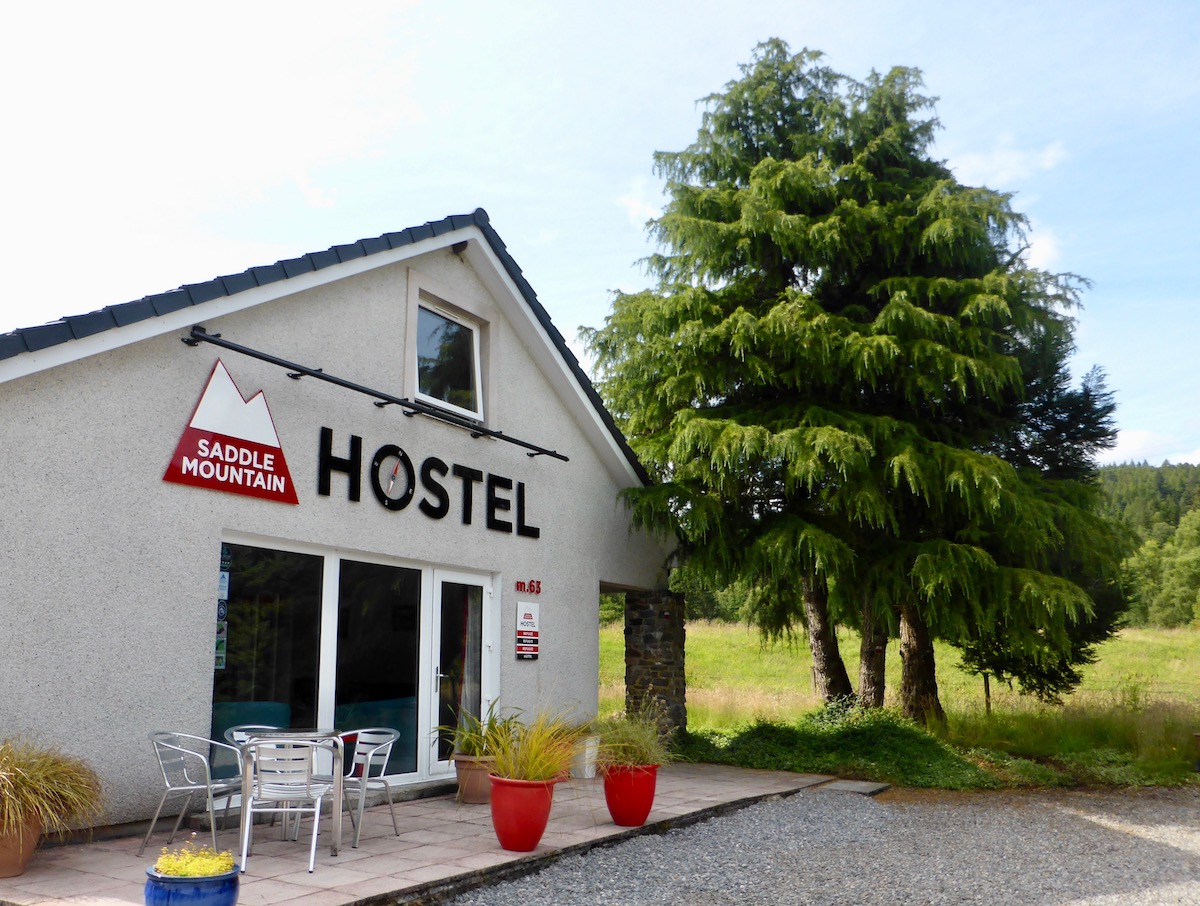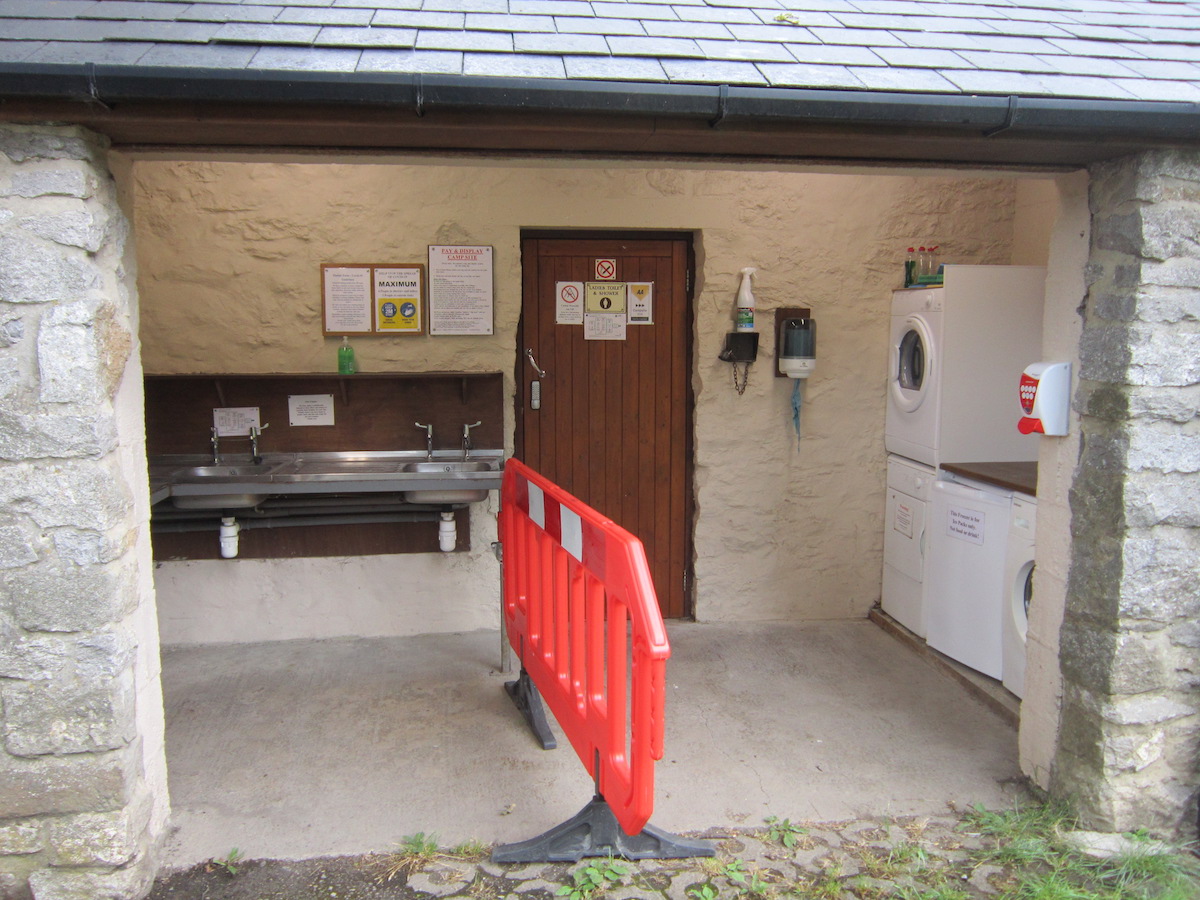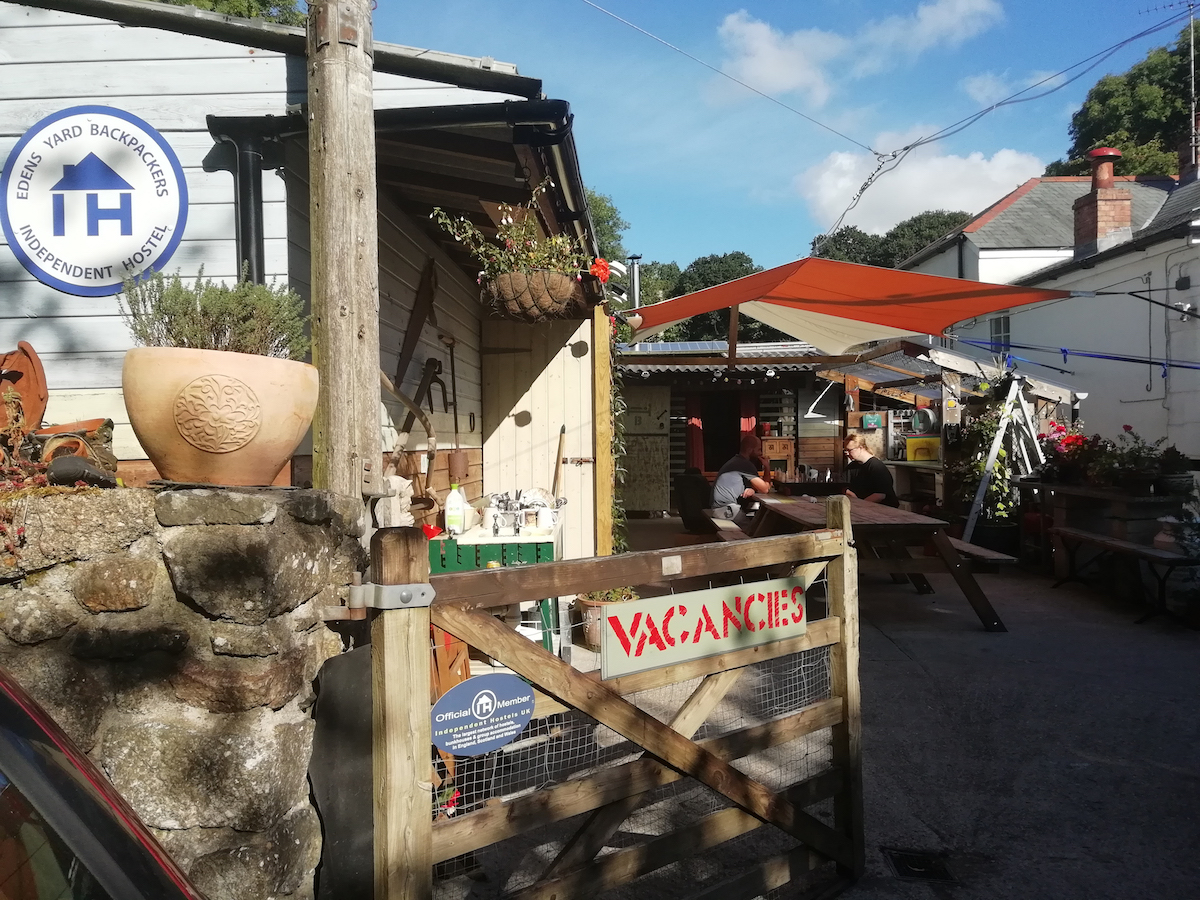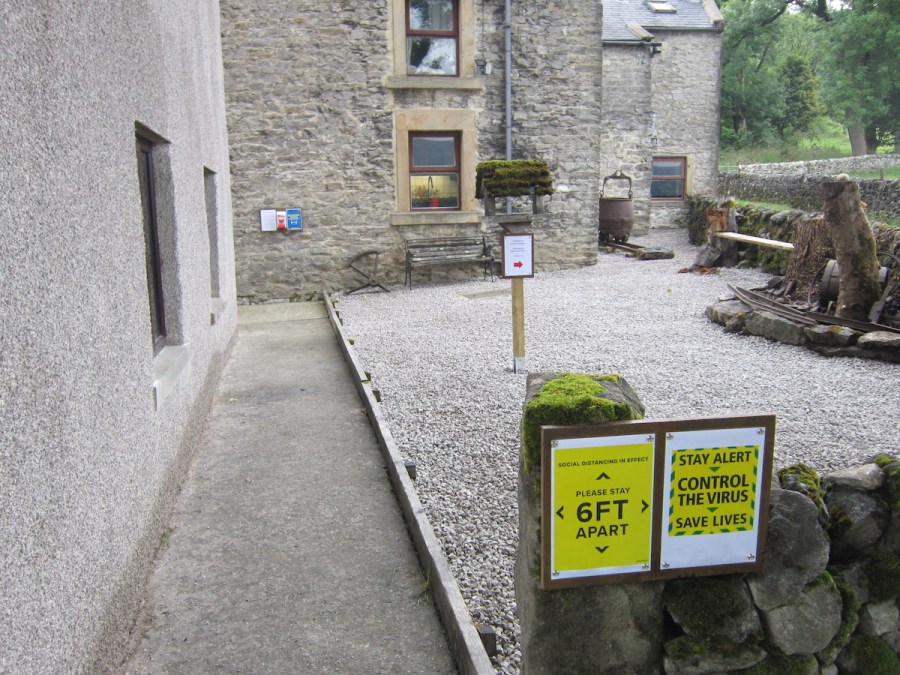Hostels have been among the businesses hardest hit by the coronavirus crisis. With government support for the tourism sector coming to an end in the autumn, many are now facing permanent closure.
Scottish Independent Hostels (SIH) has warned that, without further financial support from the Scottish government, many of its hostels “may not survive until the start of the new tourist season next year.”
The organisation has issued a report designed to highlight the plight of the sector and appeal for government intervention.
“A combination of rules about the maximum number of people allowed to gather indoors, the maximum number of households allowed to gather indoors and physical distancing requirements means that hostels, uniquely amongst accommodation providers, cannot actually be run as hostels at the moment,” explains Gregor Barclay of Saddle Mountain Hostel in Invergarry, joint author of the report. “Many self-catering properties that are booked by one household have no issues other than enhanced cleaning, and hotels and B&Bs can still operate as advertised, albeit with reduced capacity and fewer facilities, but hostels can’t provide dorm rooms and in Scotland communal facilities are either unavailable or access to them is severely restricted.”

Credit: Saddle Mountain Hostel
“In our own case we could only operate basically as a motel, with only three rooms open (a 50% capacity reduction) as private rooms with allocated toilets and showers, one household per room and with the communal facilities which hostel guests want closed off. This means that as well as reduced capacity we also have reduced demand since we can’t accommodate the traditional hostel guests [such as] solo travellers, groups of friends and clubs.”
Wide-ranging consequences
In a survey conducted by the SIH, 21% of its members said that they would close within three months of current government assistance coming to an end. A further 12% anticipated closing within 3 and 6 months of that date and 19% between 6 months and one year. Two had already been forced to permanently shut their doors.
“Our survey shows that without further financial support a substantial number of SIH members will have ceased trading by spring 2021,” write the report authors. “These are businesses which in normal trading conditions are financially sound and profitable. Our members understand the public health reasons for the operating restrictions and are not asking to be exempted from them. This is why we are asking for recognition of the impact they are having on us and for further financial support to take account of this.”
“The closure of any SIH hostels will obviously have a devastating effect for our hostel owners and their employees. Just as importantly though, it will have an adverse effect on the communities in which our hostels are located and on the wider outdoor community in Scotland.”
A countrywide crisis
According to Sam Dalley of the Independent Hostel Guide, hostels, bunkhouses and group accommodation centre south of the border are facing similar problems.

Covid procedures in place at Pindale Farm Bunkbarns. https://independenthostels.co.uk/members/pindalefarmoutdoorcentre/
“Covid hit just as the industry was coming out of the low winter season and many places used the government grants to pay back the deposits of guests who were cancelling their summer holidays,” she says. “Around a third of our network are group-oriented and too large for double household bookings and so are not even trying to open this summer. This leaves many places facing three winters in a row.
“There is no doubt that the hostels, bunkhouses and group accommodations centres represented by our network, are some of the most severely affected businesses in the country. The essence of their unique form of accommodation is shared social spaces, group holidays and meeting new people. Shared kitchens and lounges are a huge part of this offering. Shared washrooms are common, and many have options for sleeping in dorm rooms. A lot rely on walking and activity groups which consist of people from many households and this is sure to be the last form of leisure that the government can allow.”
In a campaign planned for September, the Independent Hostel Guide is encouraging its 400+ members to contact their local MP about these concerns.

Credit: https://independenthostels.co.uk
A view from the YHA
As a large, diversified organisation, the Youth Hostels Association of England and Wales (YHA) may be better placed to weather the financial storm. CEO James Blake says that, while YHA’s city hostels have suffered from the restrictions on international travel, hostels in rural and mountainous areas can still operate either on a private-room basis or through exclusive hire.
“I suppose the advantage we have is that we’re quite diversified,” he says. “We can offer a straight backpacking hostel, but we can also operate almost like a hotel with private rooms. Some of our places, such as Borrowdale, can offer camping and pod stays. Others, like Ambleside, have cafes. There are a lot of things we can do.”
James doesn’t deny, however, that the next few months are going to be challenging for the hostelling sector. YHA is currently lobbying the government to lift restrictions on overnight school and youth trips and bring forward a funding programme that will enable young people who currently can’t afford to go on trips to be able to do so – both measures that would help the sector to bounce back.
“We are just trying to make the best of it this year,” he adds. “Hopefully restrictions will continue to lift and we’ll be able to get back to shared facilities soon.”
Is there anything TGO readers can do? Gregor suggests sharing articles like this one to raise awareness of hostels’ plight and – if you feel strongly enough – writing to your local MP or MSP to ask them to take action.







